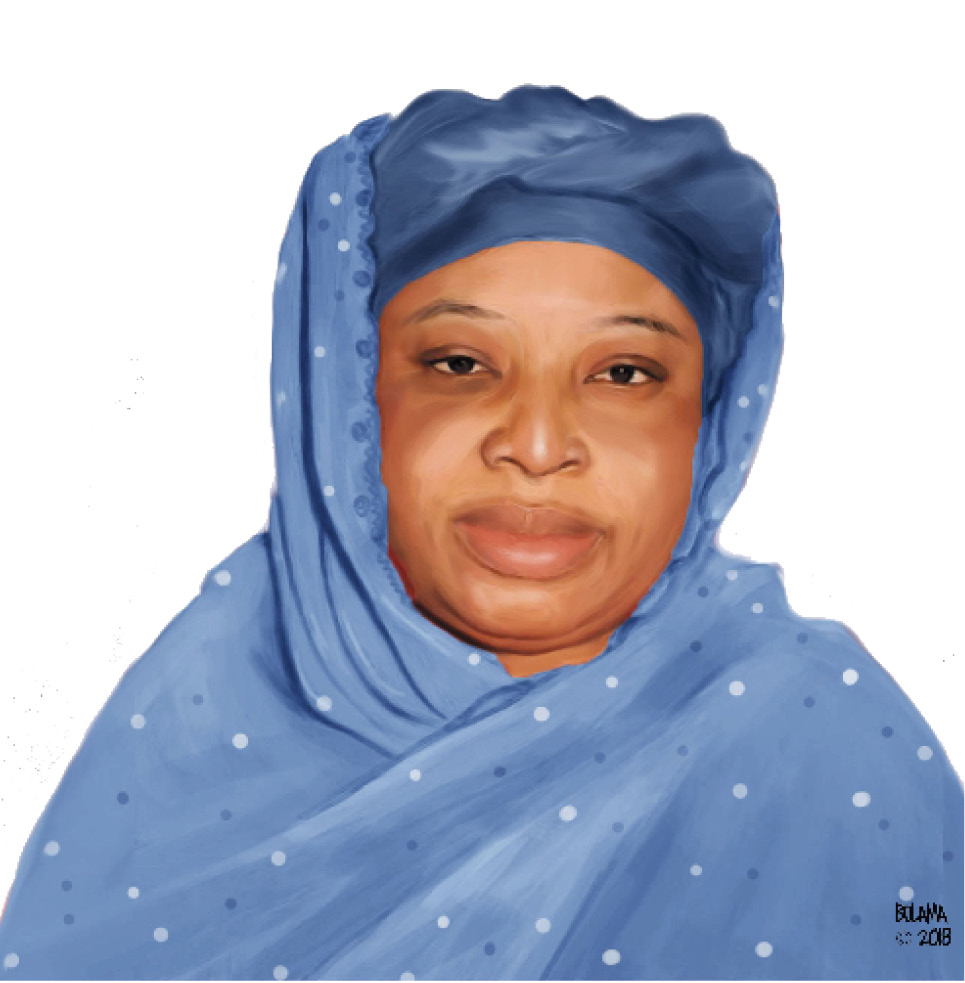Hajiya Fatima Goje: Remembering a pillar of unity
On a sunny afternoon on Saturday March 25, 2017, Hajiya Fatima Yelwa Goje, former first lady of Gombe State and wife of Senator Goje, casually announced to me, “Do you know that I’d be travelling to India soon”? Then two days later, she left for Kaduna because the Abuja airport was under renovation then. Although […]

On a sunny afternoon on Saturday March 25, 2017, Hajiya Fatima Yelwa Goje, former first lady of Gombe State and wife of Senator Goje, casually announced to me, “Do you know that I’d be travelling to India soon”? Then two days later, she left for Kaduna because the Abuja airport was under renovation then.
Although she missed her flight, she refused to sleep in Kaduna and returned to Abuja same day. Allahu Akbar! Allah knew that she was meant to see her home, and sleep in the bedroom for the last time. Seven months after, on October 29, 2017, the family received the sad news of the death of the pillar of unity and source of inspiration. That was the saddest moment of my life since the demise of my biological mother.
She was like my second mum just as she was to many people in Gombe, and Nigeria at large. Yes, Nigeria at large, because I have not come across anybody who sustained relationships the way Mama Yelwa did. She retained her primary school friends, those she met in secondary school, the ones she met when her husband stayed in Lagos, the ministers’ wives that served in 1999 alongside her husband and virtually all the former first ladies that served between 2003 and 2011, especially those from the north.
As a woman, she understood and shared the emotional distress of every woman she came across. Those who lost their husbands among her staff, she ensured their children kept going to school. She stood by her husband through thick and thin, reconciled with those he had issues with but remained firm against his political foes. She earned his trust and respect in life as in death.
She never turned down a genuine request for either construction of Islamic school, masjid, orphanage, scholarship or feeding. In fact, one of the biggest legacies she left for her children is feeding the poor and needy.
To her children, she never waited for their father to do everything as is the usual tradition of Hausa/Fulani women in our society. Rather, she only brought to his notice those things that were beyond her capacity.
Like thousands who benefited from her generosity and kindness, I pray that Allah, the most compassionate, the merciful, will forgive her along with all those who passed before her and grant them JANNATUL FIRDAUSI. Ameen
Ahmed Isa wrote from Abuja.
